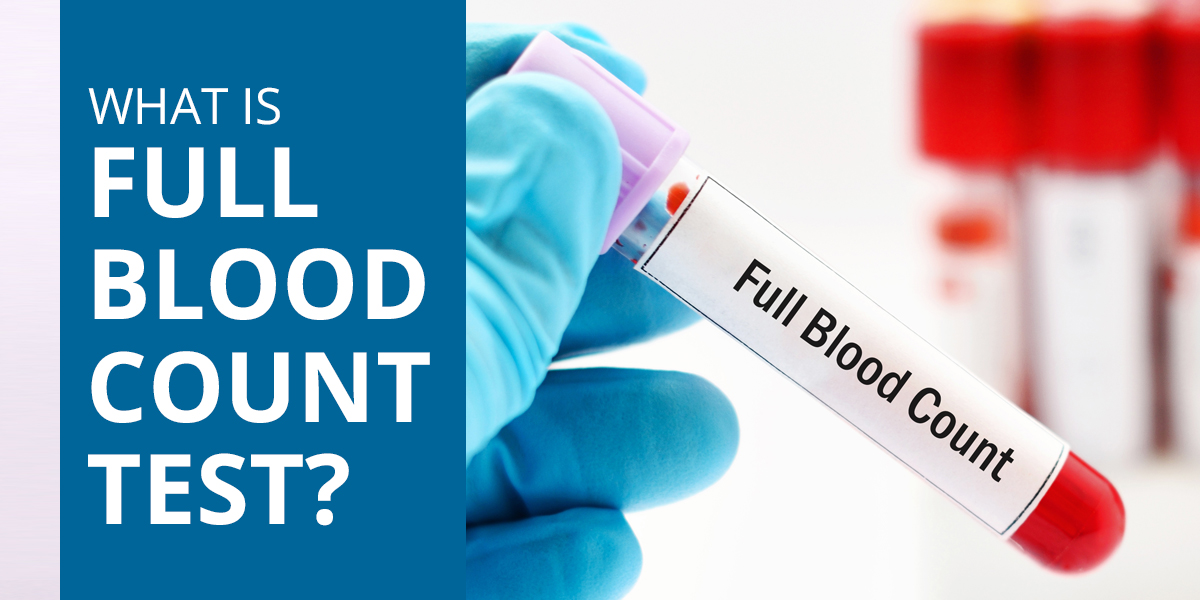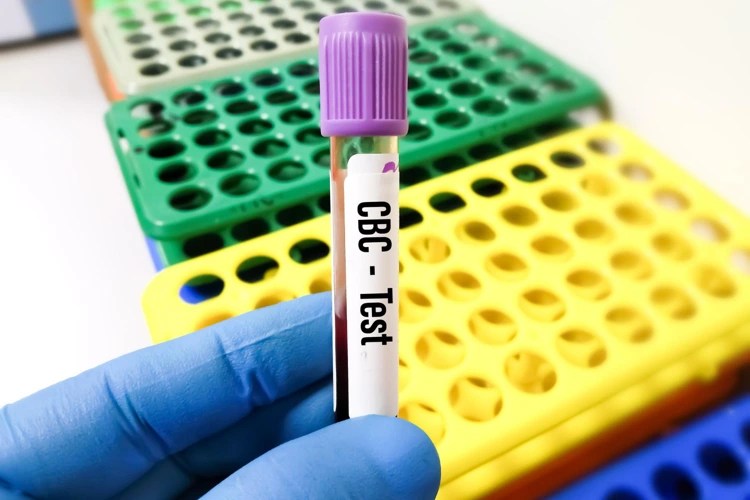FBC test, or Full Blood Count test, is a crucial diagnostic tool used by healthcare professionals to assess an individual's overall health. This test provides valuable insights into various components of blood, helping in the diagnosis of numerous medical conditions. In this article, we will explore the FBC test in detail, including its purpose, preparation, interpretation of results, and more. Whether you're a patient wanting to understand your test results or a healthcare professional seeking to enhance your knowledge, this guide will offer you comprehensive information on the FBC test.
In today’s fast-paced world, understanding our health has never been more important. Regular health check-ups, including blood tests, play a vital role in monitoring our well-being. The FBC test is one such examination that can reveal a wealth of information about our body. This article aims to demystify the FBC test, breaking down its components, significance, and the potential implications of its results.
As we delve deeper into the FBC test, we will cover essential topics such as what the test entails, who should undergo it, and how to prepare for it. Additionally, we will discuss the various components measured during the test, what abnormal results may indicate, and when to consult a healthcare professional. By the end of this article, you will have a clearer understanding of the FBC test and its relevance to your health.
Table of Contents
- What is FBC Test?
- Purpose of FBC Test
- Preparation for FBC Test
- Components of FBC Test
- Interpreting FBC Test Results
- Abnormal Results and What They Mean
- When to Consult a Doctor
- Conclusion
What is FBC Test?
The Full Blood Count (FBC) test, sometimes referred to as a Complete Blood Count (CBC), is a comprehensive blood test that measures various components of blood, including red blood cells, white blood cells, hemoglobin, hematocrit, and platelets. This test is a routine part of medical evaluations and can provide essential information about a person's health status.
Key Components of FBC Test
- Red Blood Cells (RBCs)
- White Blood Cells (WBCs)
- Hemoglobin (Hgb)
- Hematocrit (Hct)
- Platelets
These components are critical in diagnosing various conditions, such as anemia, infections, and other blood disorders. The FBC test is usually performed on a sample of blood drawn from a vein in the arm.
Purpose of FBC Test
The primary purpose of the FBC test is to provide a general overview of a person's health and to detect a variety of disorders, including:
- Anemia: Low red blood cell count or hemoglobin levels.
- Infection: Elevated white blood cell count may indicate infection or inflammation.
- Blood clotting issues: Abnormal platelet levels can affect clotting.
- Bone marrow disorders: Abnormalities in blood cell production.
By assessing these factors, healthcare providers can make informed decisions regarding further tests or treatments needed.
Preparation for FBC Test
Preparation for the FBC test is relatively straightforward. Here are some essential guidelines:
- Avoid eating or drinking anything except water for at least 8 hours before the test.
- Inform your doctor about any medications or supplements you are taking.
- If you are undergoing additional tests, follow your doctor's instructions regarding preparation.
Following these guidelines will help ensure the accuracy of your test results.
Components of FBC Test
As mentioned earlier, the FBC test measures several critical components of blood. Here’s a more detailed look at each component:
1. Red Blood Cells (RBCs)
RBCs are responsible for transporting oxygen from the lungs to the rest of the body. A low RBC count can indicate anemia, while a high count may suggest dehydration or other conditions.
2. White Blood Cells (WBCs)
WBCs play a vital role in the immune system. An elevated WBC count may indicate infection, while a low count can suggest bone marrow problems or autoimmune diseases.
3. Hemoglobin (Hgb)
Hemoglobin is the protein in RBCs that carries oxygen. Low levels may indicate anemia, while high levels can suggest lung disease or dehydration.
4. Hematocrit (Hct)
The hematocrit measures the proportion of blood volume occupied by RBCs. Abnormal levels can indicate anemia or other blood disorders.
5. Platelets
Platelets are essential for blood clotting. Low platelet counts can lead to excessive bleeding, while high counts may increase the risk of thrombosis.
Interpreting FBC Test Results
Interpreting FBC test results requires an understanding of the normal ranges for each component. Here are general references:
- RBC count: 4.5-5.9 million cells per microliter for men and 4.1-5.1 million for women.
- WBC count: 4,500-11,000 cells per microliter.
- Hemoglobin: 13.5-17.5 grams per deciliter for men and 12-15.5 grams for women.
- Hematocrit: 38.3-48.6% for men and 35.5-44.9% for women.
- Platelets: 150,000-450,000 platelets per microliter.
Results outside these ranges may require further investigation by a healthcare professional.
Abnormal Results and What They Mean
Abnormal FBC test results can indicate a range of health issues. Here are some common interpretations:
1. Low RBC Count
This may indicate anemia, which can result from nutritional deficiencies, chronic diseases, or bone marrow disorders.
2. High WBC Count
Elevated WBC counts may suggest infection, stress, or inflammatory conditions.
3. Low Hemoglobin
Low hemoglobin levels can be a sign of anemia or other underlying health issues.
4. Low Platelet Count
This can lead to bleeding disorders and may result from bone marrow problems or certain medications.
When to Consult a Doctor
If your FBC test results indicate abnormal levels or if you experience symptoms such as fatigue, unexplained bruising, or frequent infections, it is essential to consult a healthcare professional. They can provide a thorough evaluation and recommend appropriate next steps, including further testing or treatment options.
Conclusion
The FBC test is a vital tool in assessing overall health and diagnosing various medical conditions. Understanding the components of this test and what the results mean can empower individuals to take charge of their health. If you have any concerns regarding your FBC test results, don’t hesitate to reach out to your healthcare provider for guidance.
We encourage you to leave comments, share this article with others, and explore additional resources on our site to further enhance your understanding of health-related topics.
Thank you for reading, and we hope to see you again for more informative articles on health and wellness!
Article Recommendations
- Mitch Mcconnell And Slavery Reparations A Look At The Debate
- Elisabeth Shue Shows A Stars Journey Through Television And Film
- Unveiling The Life Of Michael Loftus Wife A Closer Look


